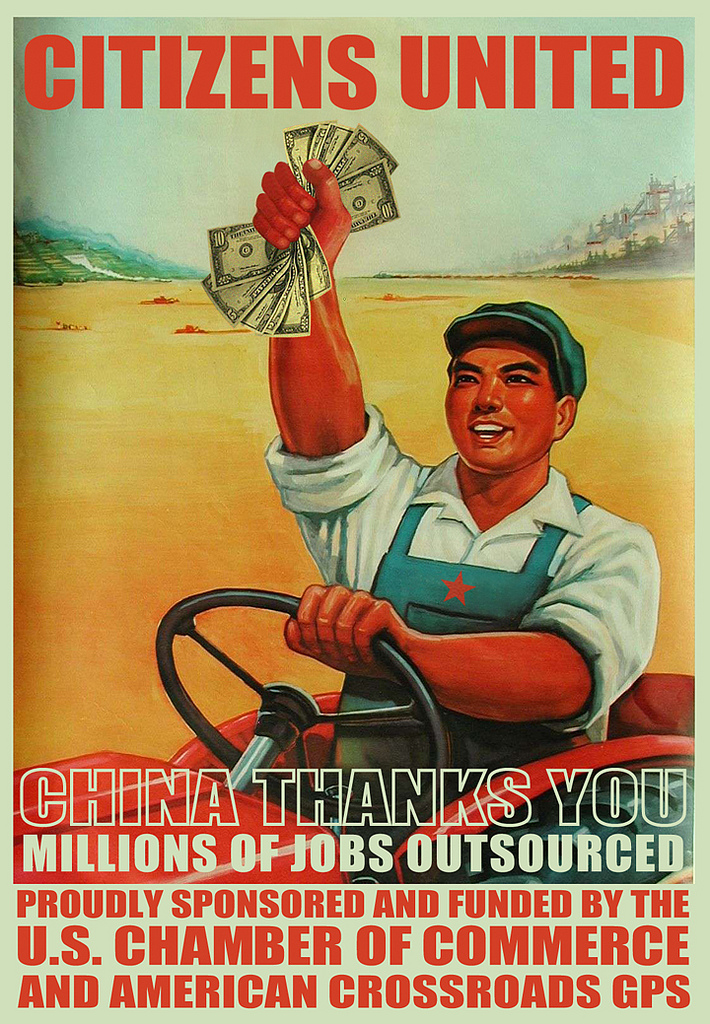
TIME: Conservatives now espouse ideas drawn from abstract principles with little regard to the realities of America’s present or past. This is a tragedy, because conservatism has an important role to play in modernizing the U.S. Consider the debates over the economy. The Republican prescription is to cut taxes and slash government spending — then things will bounce back. Now, I would like to see lower rates in the context of tax simplification and reform, but what is the evidence that tax cuts are the best path to revive the U.S. economy? Taxes — federal and state combined — as a percentage of GDP are at their lowest level since 1950. The U.S. is among the lowest taxed of the big industrial economies. So the case that America is grinding to a halt because of high taxation is not based on facts but is simply a theoretical assertion. The rich countries that are in the best shape right now, with strong growth and low unemployment, are ones like Germany and Denmark, neither one characterized by low taxes. […] In fact, right now any discussion of government involvement in the economy — even to build vital infrastructure — is impossible because it is a cardinal tenet of the new conservatism that such involvement is always and forever bad. Meanwhile, across the globe, the world’s fastest-growing economy, China, has managed to use government involvement to create growth and jobs for three decades. From Singapore to South Korea to Germany to Canada, evidence abounds that some strategic actions by the government can act as catalysts for free-market growth. Of course, American history suggests that as well. In the 1950s, ’60s and ’70s, the U.S. government made massive investments in science and technology, in state universities and in infant industries. It built infrastructure that was the envy of the rest of the world. Those investments triggered two generations of economic growth and put the U.S. on top of the world of technology and innovation. But that history has been forgotten. MORE
